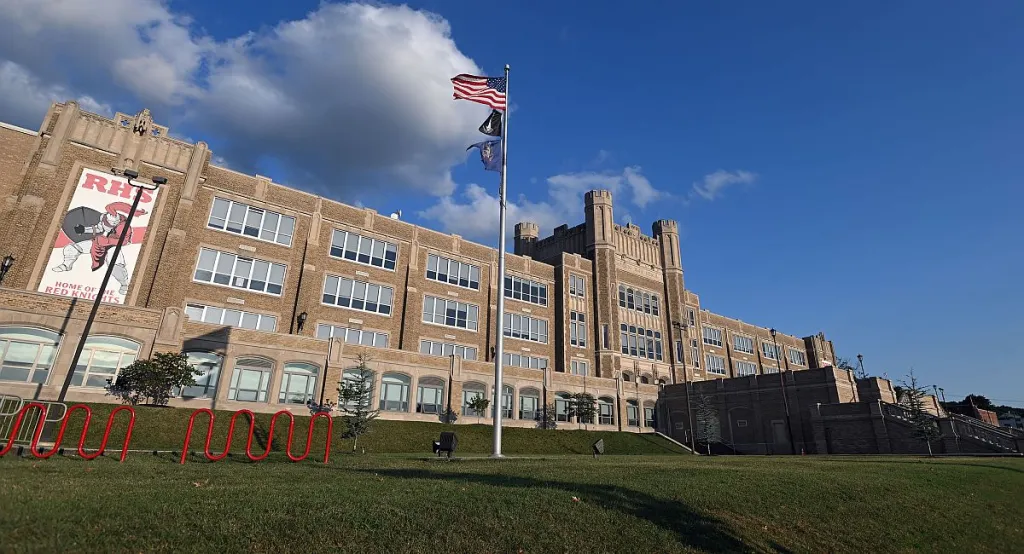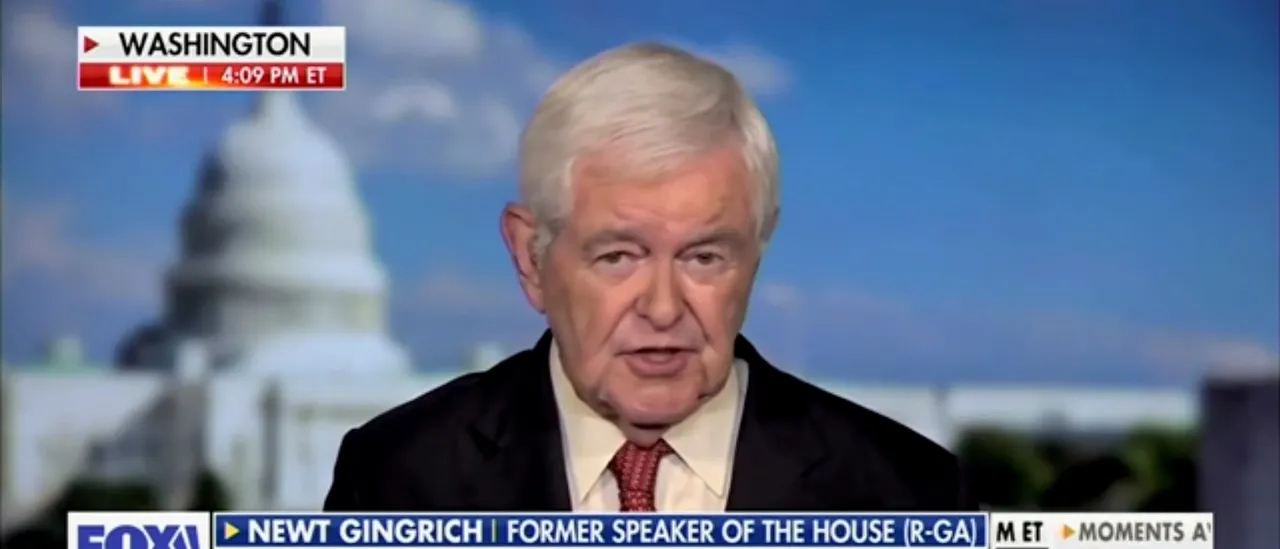
The Reading School District has some big things planned for this school year.
Wayne Gehris, the district’s chief financial officer, said the district put together a great budget that promised to get back to the basics of providing a good education..
Based on increased state funding laid out in Gov. Josh Shapiro’s budget proposal, the district plans to hire 16 more reading specialists at the elementary level.
“We want to get back to making sure that kids are reading on grade level and getting the support we need,” Gehris said.
The district also plans to add 55 paraprofessionals working in early education, four social workers and an adaptive physical education teacher.
With the school year more than a month old, none of that has happened.
That’s because that extra state funding — and in fact, any state funding at all — has not arrived. An ongoing state budget impasse has temporarily shut off funding streams to agencies and organizations that rely on them — including school districts.
The stalemate is nearing the end of its third month — the budget was due by the end of June — and reports out of Harrisburg are that Republican and Democratic legislators aren’t close to coming to terms.
That’s incredibly bad news for a school district like Reading.
Gehris said the poverty-stricken district has the smallest local tax base in Berks County, so it leans heavily on state and federal funding. They make up nearly 90% of the revenue for the district’s $482 million operating budget.
Based on the governor’s budget, Reading is slated to receive basic education payments of about $35 million every other month this school year. In the months it doesn’t receive basic education payment, it’s supposed to get nearly $4 million special education payments.
Neither of those streams of funding have begun to flow, Gehris said, leaving Reading in a precarious situation.
He said that so far this school year the district has received $600,000 of income, mostly from monthly earned income tax payments. Its expenses, however, have run around $7 million.
The district is scheduled for a basic education payment this week, but Gehris said it’s unlikely it will arrive.
“We’re starting to come down to crunch time for us,” he said. “If something doesn’t happen in the next week or two, we’re going to have to do something.”
That something, Gehris said, would be to take out a tax and revenue note. But opening that line of credit — which is something the district was forced to do about 10 years ago during a similar impasse — would require the district to pay upfront bank fees and interest on any money it borrows.
Gehris said the impasse is also holding up federal money. That funding it passed through the state, but without a state budget there is no vehicle to distribute the federal money to schools.
While the district waits, its leaders are trying to make the best out of a bad situation.
Gehris said officials have discussed the situation with vendors and have tried to reduce spending to immediate necessities.
“If it’s not an urgent need, let’s think about if we can hold off,” Gehris said. “We’re doing what we can to hold down costs and still provide a quality education. But it gets harder and harder.”
Gehris said school officials are frustrated with the impasse itself and with the lack of information they’re receiving from state officials.
“We’re very concerned,” Gehris added. “We should not be held hostage by the fact that Harrisburg can’t come to a conclusion on a budget.
“I think we should just lock them in a room until they come out with a budget.”
A varied impact
Not every Pennsylvania school district is feeling the same pinch. There is a wide variance as to how much each of the state’s 500 districts rely on state and federal funding.
In Reading, that number is around 90%. But in many Berks districts, most revenue comes from local property taxes.
“Although Kutztown Area School District depends on state funding to support a balanced budget and ensure programs and services meet student needs, we are significantly less impacted by short-term cash flow issues than many districts across Pennsylvania,” Kutztown Superintendent Christian Temchatin said.
Kutztown is in the bottom quarter in the state when it comes to the share of its revenue that comes from the state. And it’s in the bottom third when it comes to state funding per student.
“This forces our heavier reliance on local tax revenues compared to most districts across the commonwealth,” Temchatin said.
Kutztown, therefore, is well-suited to sustain a lengthy budget impasse. However, the superintendent added, the district eventually will begin to feel an impact.
“If the stalemate continues into December or beyond, we will begin to feel the financial pinch,” he said. “While the impact on Kutztown is delayed compared to districts with higher state-dependency, prolonged inaction at the state level would still strain our ability to maintain services without disruption.”
Daniel Boone Superintendent Thomas Voelker said his district is likewise able to hold up under the pressure of delayed state funding — at least for now.
“While our district is fortunate to have a responsible fund balance that allows us to operate for a limited time without state funding, that fund is limited,” he said. “If the budget stalemate continues, we will be forced to borrow money to meet our financial obligations — an action that comes with interest payments. Ultimately, those costs fall on our local taxpayers, who should not have to bear the burden of political gridlock in Harrisburg.”
Voelker also said he’s eager for the passage of a budget that addresses funding for cyber charter schools. Public educators have long called for a cap on how much districts have to pay in tuition for students attending cyber charters. They also are demanding more transparency on how that money is spent. Shapiro included such changes in his budget proposal.
“The current funding model places an unsustainable financial strain on public school districts and diverts critical resources away from our classrooms,” Voelker said. “A cap would be a meaningful step toward fairness and fiscal responsibility.”
Antietam and Muhlenberg are facing challenging situations.
At Antietam, officials said they are already tightening their belts due to the lack of state and federal funding.
“Due to the impasse, we are not ordering materials at this time for the full year,” Superintendent Timothy Matlack said. “We are being also being forced into prioritizing decisions about repairs and maintenance in the hope that we can get through until a budget is passed.”
Muhlenberg Superintendent Dr. Joseph Macharola expressed frustration over the late state budget, something he has experienced often over his long career.
“This is par for the course in Pennsylvania,” he said. “School districts are expected to have a balanced budget on time but the state doesn’t have to.”
Macharola said the lack of funding clarity makes it difficult to plan. And for a rapidly growing district like Muhlenberg — the district has added 1,000 students over the past few years and expects to add another 5,000 in upcoming years — planning depends on state funding.
“We have a good problem,” Macharola said of his district’s growth. “But it’s a problem that needs assistance from the state and federal government.”
Macharola said Muhlenberg will be able to continue to operate until April without state funding. But after that, the district would face trouble.
He said the state needs to make some serious changes when it comes to funding its schools.
“The bottom line is, we have to have a focus on public education and it isn’t happening,” the superintendent said. “I’m sick of the politics, I’m sick of the two-sided mouthed politicians.
“Where is the commitment for public education?”



